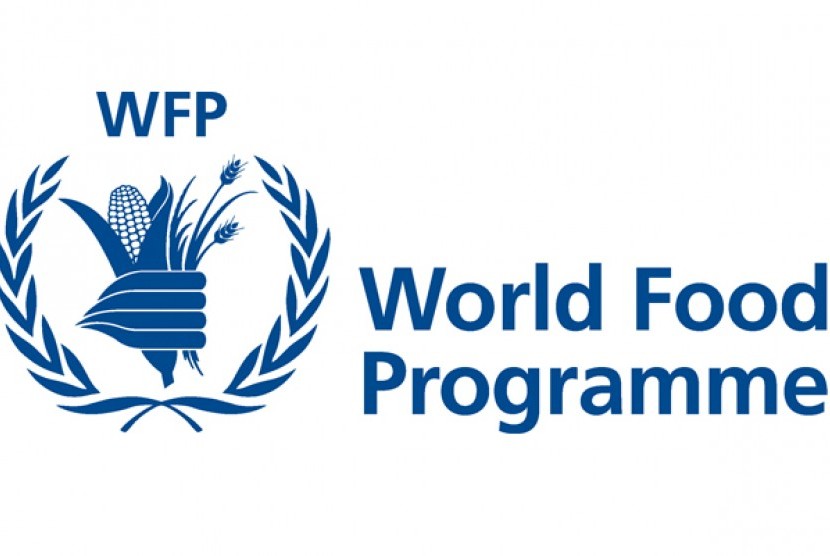REPUBLIKA.CO.ID, KINSHASA -- There is no shortage of protein in Kinshasa's Gambela Market, from cows to antelope and snakes. But it is the blue and silver bowls brimming with twitching crickets, termites and slithering mealworms that do the briskest trade.
Experts hope that the love of edible insects in Democratic Republic of Congo may hold the key to tackling widespread hunger among its roughly 65 million people by scaling up a millennia-old consumption habit.
Tidak ada kode iklan yang tersedia.Six-and-a-half million people live in food insecurity in the giant central African country, according to the World Food Programme (WFP), largely due to low agricultural productivity and persistent violence in its volatile east.
Edible insects, which are just starting to win acceptance in the West, have long been one of Congo's most popular dishes.
Often served as bar food or on special occasions, they are grilled and commonly served with hot pepper, lemon and onions.
"This is the main food of Congolese," said Marie-Colette Bena, who sells clothing at the market, "I'm proud to eat that food."
The average household in the capital Kinshasa consumes about 300 grams of caterpillar a week, according to a U.N. study but insect supplies can be seasonal and are generally more expensive than other types of food.
In Kinshasa a kilogramme of crickets costs about $50, more than twice the price of beef.
Congo's environment ministry and the U.N. Food and Agriculture Organization (FAO) hope to capitalize on Congo's affinity for the crunchy fare with a new programme to promote insect cultivation, a plan that could make them more widely available and bring down prices.
The project, due to begin in October, will train two hundred people - most of them women - in western Congo to cultivate caterpillars and crickets. Laurent Kikeba, who oversees the project for the FAO, said it would be the first of its kind in the world.
A national centre to promote insect harvesting will be launched and the FAO will work with the government to craft legal norms to regulate the sector.


